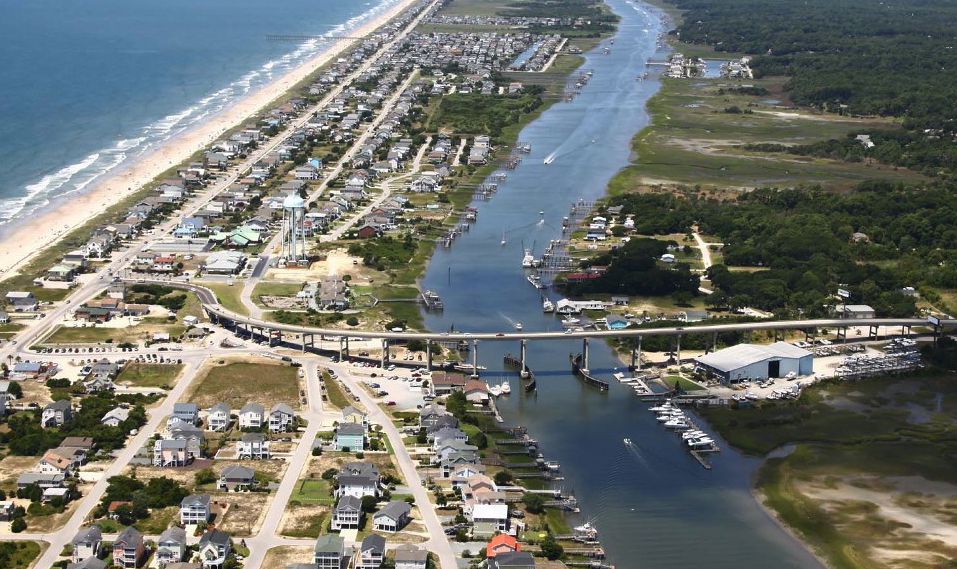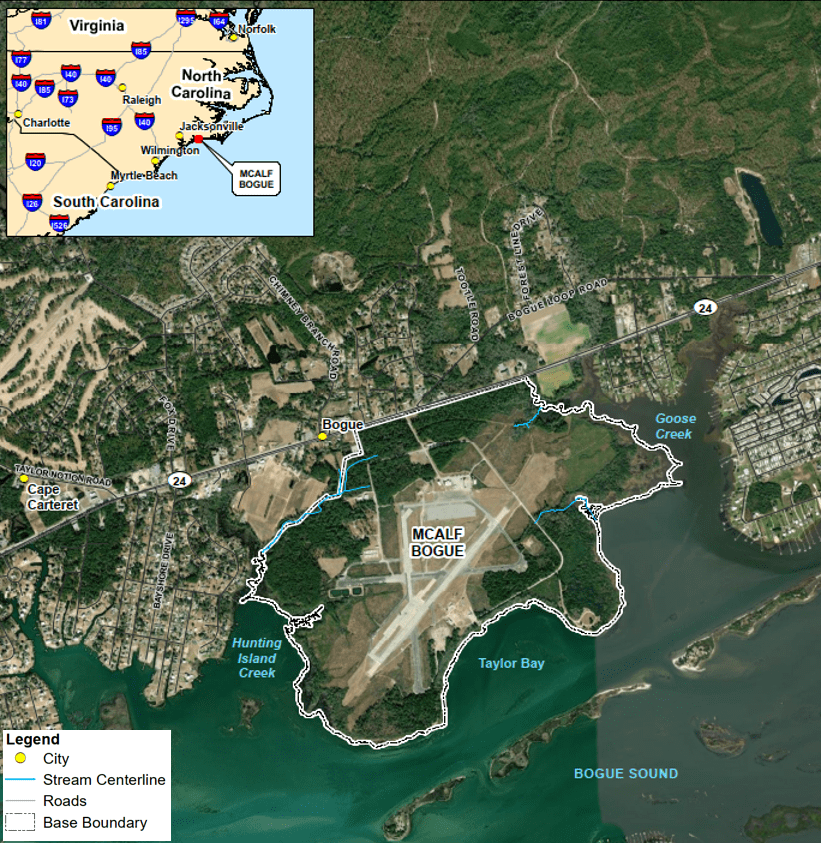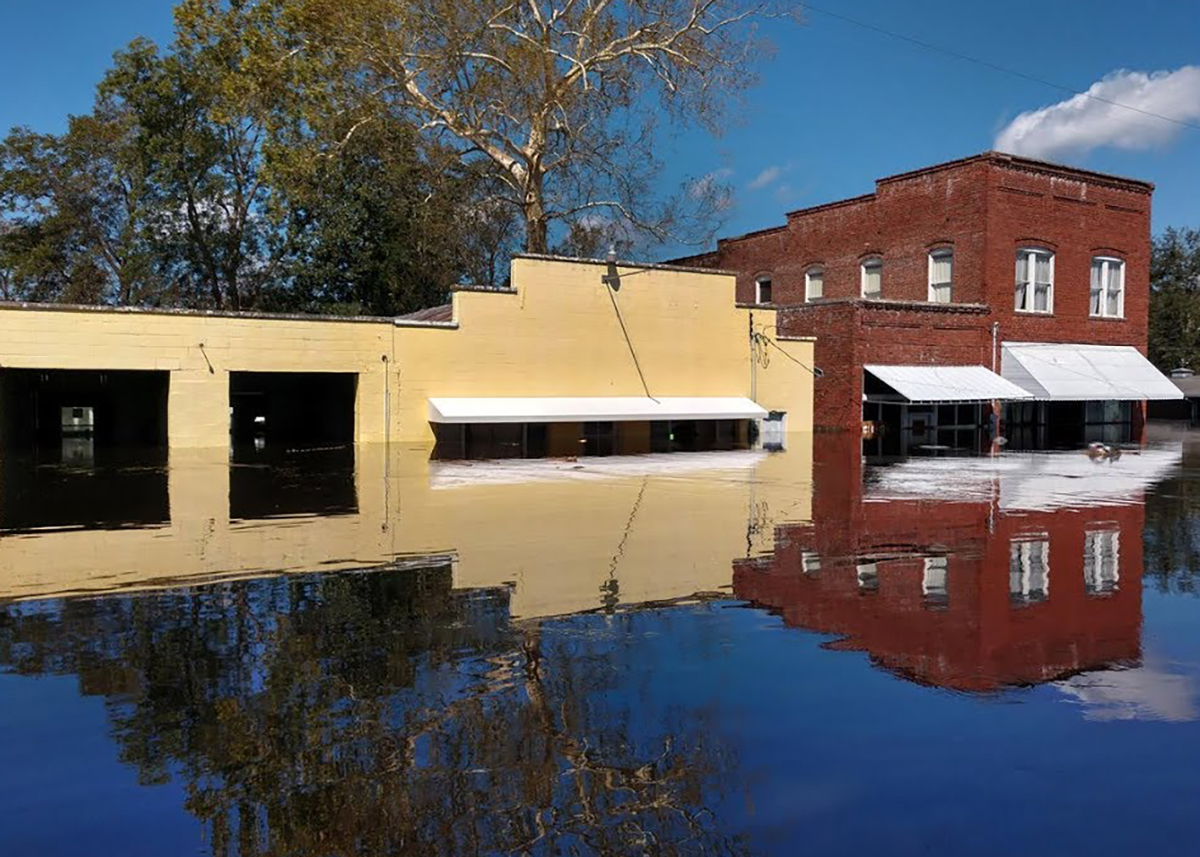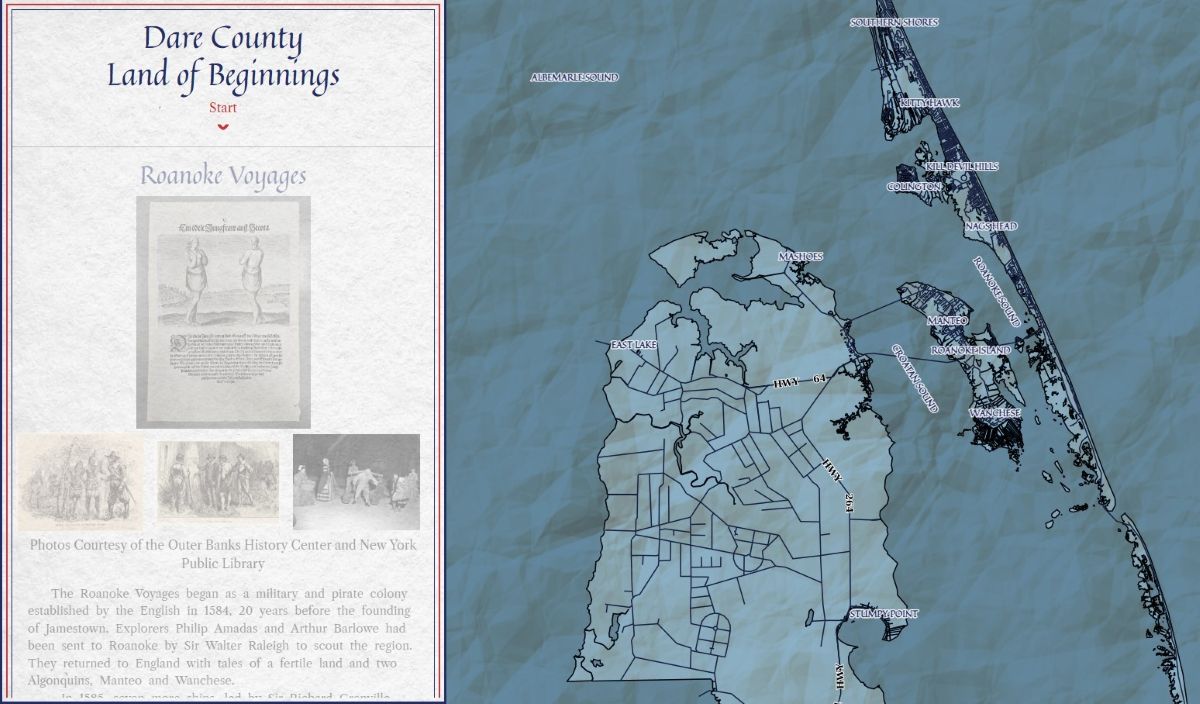
A three-year study is underway in Holden Beach that could set the tone for how future beach projects may be funded.
The town has signed an agreement with the U.S. Army Corps of Engineers to launch a coastal storm risk management feasibility study, one that will determine whether it’s in the federal government’s interest to take part in planning coastal storm risk plans for the town for up to 50 years.
Supporter Spotlight
An Aug. 27 signing ceremony between the Corps and Holden Beach officially kicked off the study, which is budgeted to cost up to $3 million, according to Emily Winget, a public affairs specialist in the Corps’ Wilmington District.
Funding for the study is being split 50-50.
Winget said in an email responding to questions that $500,000 was initially allocated for the study in the Corps’ Fiscal 2021 Work Plan. More funding has been requested for future budget cycles, she said.
“The Holden Beach, N.C. Coastal Storm Risk Management (CSRM) Project General Reevaluation Study will scope and analyze alternatives for Federal participation in cost shared coastal storm risk management measures over a project life up to 50 years,” Winget wrote in the email. “We will be looking at all possible alternatives that provide a benefit (reduced risk) to Holden Beach.”
Such alternatives will include routine beach nourishment, dune enhancement and repair, as well as public education, resilient town building codes and other “non-structural measures.”
Supporter Spotlight
“The study will analyze an array of alternatives (list to be determined), trying to find a project that maximizes benefits as compared to overall cost,” Winget said. “Specifically, the study will be determining if we can identify a project with ‘Federal Interest’ that reduces the risk to coastal storms at Holden Beach.”
The Brunswick County town’s entire 8-mile-long ocean shoreline will be included in the study.
In 2018, Holden Beach commissioners withdrew the town’s permit application to build a terminal groin at the east end of the barrier island, citing that the costs of the proposed hardened erosion mitigation structure outweighed the benefits to the town.
The board’s decision followed several years and more than $600,000 on studies examining various ways to mitigate severe erosion at the Lockwood Folly Inlet.
A coastal engineering firmed hired by the town to explore ways to reduce erosion at the inlet determined Holden Beach’s best alternative was to build a 1,000-foot-long terminal groin, the estimated long-term costs of which exceeded $34 million. Terminal groins are wall-like structures built perpendicular to the shore at inlets to contain sand in areas of high erosion, like that of beaches at inlets.
About a year before commissioners voted to withdraw the terminal groin permit application, the town completed the first phase of its Central Reach project, a multimillion-dollar sand nourishment project that pumped about 1.3 million cubic yards of sand along about a 4-mile stretch of oceanfront in the middle of the barrier island.
In March, North Carolina and the Federal Emergency Management Agency approved allocating nearly $15.5 million to help the town restore sand and vegetation along the Central Reach area damaged by Hurricane Dorian in 2019.
FEMA’s portion of the project cost included about $11.6 million for the project. The state’s share was about $3.8 million.
Those funds include restoring 555,000 cubic yards of sand and stabilizing 80,000 square yards of dune vegetation.
Town officials are currently discussing an east end project, one that would put at least 100,000 cubic yards of sand along that end of the island, according to information on the town’s website.
Holden Beach Town Manager David Hewett did not return calls seeking comment.
Oak Island, which is immediately east of Holden Beach, has submitted to the Corps a letter of intent asking to be considered for a Coastal Storm Risk Management feasibility study, Winget said.
“We have expressed that capability up the line, and will need funding (Federal and the non-Federal match) to be allocated to start that study,” she said.
No other beach towns in the state are scheduled to sign a feasibility cost share agreement with the Corps this year.







